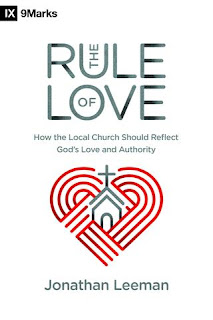Intro to Hosea

“For I desire mercy, not sacrifice, and acknowledgment of God rather than burnt offerings.” Hosea 6:6 The book of Hosea is a very odd book when you consider it in the scope of the prophetic writings. In all of the other prophetic works, you find what you expect to find, prophetic pronouncements. But in Hosea, it is more of an autobiography which serves as a metaphor for the relationship between God and His people. And although Hosea does have many utterances from God in it, they are reinforced by the love that Hosea has for an adulterous wife. Hosea was a prophet of God for about 40 years (1:1) in the Northern Kingdom, but did have some words for the Southern Kingdom (1:7, 5:2, 7:1). There are several themes in this book, and I will just highlight three of them here: Indictment, Instruction, and Hope. The people of God had turned away from God and were living very wickedly. They had rejected God’s law and covenant (4:1), acted in idolatrous practices (11:2), and placed their

